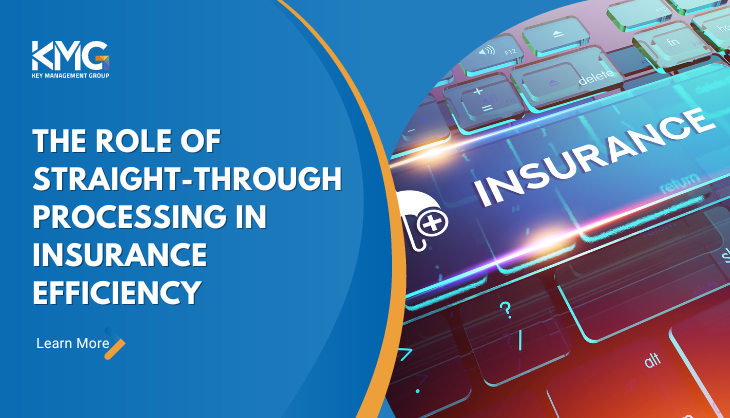Understanding Automation in Insurance
- website3954
- Feb 23, 2024
- 3 min read
Updated: Mar 20, 2024

Quick Summary: Automation helps insurance companies expedite their processes and improve customer experiences. In this blog, you can read & explore automation in the insurance industry, its benefits, use cases, and what the future holds for insurance customers. Happy reading!
As we stand in 2024, it’s not hard to imagine how modern technologies like AI, ML, RPA, and more have reshaped our world today. Businesses are leveraging these technologies to increase their productivity and deliver better value to customers. Like other businesses, automation in insurance businesses is the only viable solution for them to sustain and thrive in this volatile market. It will ultimately save them time and effort while significantly reducing the chances of errors caused by human intervention.
As per a study, Robotic Process Automation (RPA) is expected to take the insurtech industry to $261.6 billion by 2026.
How is automation in insurance the key to solving insurers’ most pressing challenges?
Insurance customers demand real-time conversations to maximize benefits. They are no longer content with the status quo and are willing to change insurance carriers in cases of dissatisfactory service. As for insurance companies' operations are accustomed to marketing challenges, including low premiums and rising costs.
By bringing automation in insurance, you can digitize insurance, focusing on delivering a better experience to your customers and innovating products.
With easy operational and administrative management, automation can help businesses simplify processes and minimize the involvement of manual work.
Let’s discuss some major areas where insurance operations can be automated.
Top three use cases for automation in the insurance industry
Claims Processing Automation
Claim processing involves the handling, evaluation, and settlement of insurance claims. Automation can significantly improve efficiency and accuracy, leading to faster claim settlements.
Automated data extraction & validation: Extract data from claim forms using OCR technology without any need for manual input to limit the chances of errors. This extracted data can then be validated through automation against predefined rules - policy status, coverage limit, etc.). Based on predefined criteria, automation can direct route claims to the appropriate adjusters, reducing processing delays.
Automated fraud detection: Leverage ML algorithms to flag suspicious claims and further investigate them to mitigate the risk of financial losses. Also, with this, you can make data-driven decisions through real-time analytics and reports generated by automation on claims processing metrics like- average processing time, claim settlement ratio, etc.
Automated Policy Underwriting
Automation in insurance can analyze various data - historical claims data & patterns, customer profiles, and external databases—enabling insurance providers to assess risks more accurately and make data-driven decisions.
Faster Quote Generation: Provide quicker and more accurate quotes, improving response times and customer satisfaction by automating the underwriting process.
Process Automation: Simplify repetitive and time-consuming activities, such as data entry and document verification, for underwriters to focus on more complex and strategic tasks.
Faster Policy Issuance: Streamline the underwriting process and reduce manual effort for enhanced customer satisfaction and improved operational efficiency.
Customer Service and Support
Customer service is another aspect that has benefited from automation, ensuring a seamless and personalized experience for policyholders.
Queries related to policies: Assist customers with policy-related inquiries - coverage details, policy changes, or premium calculations, eliminating the need for manual intervention.
Self-service portals: Empower customers to access their policy documents, request policy changes, make payments, or initiate claims, providing greater control over their insurance needs.
Integrating with claims management systems: Notify customers about claims status, policy renewals, and other important updates, thereby improving customer experiences.
What’s the future of automation in insurance?
The transformative journey sparked by automation is not just a momentary shift but an ongoing evolution. As technology evolves, so too will the capabilities of automated systems within the insurance landscape. AI, ML, and data analytics will further optimize insurance processes, ensuring even greater accuracy and responsiveness for policy issuance and underwriting to customer interactions and internal workflows.
In this blog, we discussed the role of automation in customer service, fraud protection, and claims processing. Automation helps insurance companies detect & prevent fraud and provide personalized customer experiences through self-service portals, automated responses, and proactive notifications.
If you really want to benefit from insurance robotic process automation, you need an advanced software solution. KMG is a trusted software development company that has helped lots of businesses achieve digital prowess through top-notch solutions. We specialize in AI, ML, and other technologies. Reach out to us to discuss the scope, and let’s create an innovative software solution.



Comments